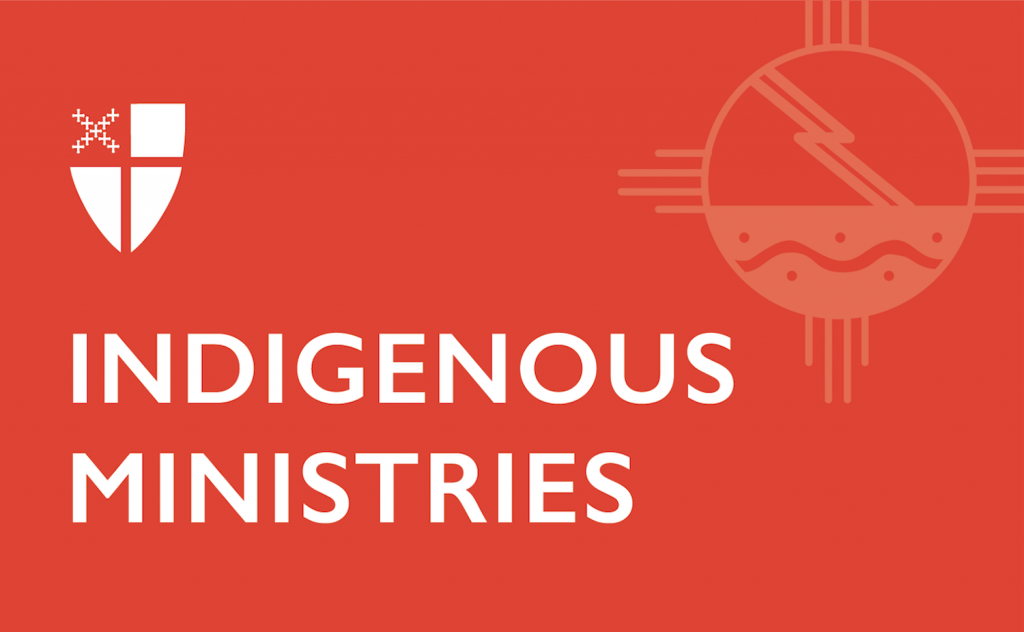Reflecting on the work of the Indigenous Peoples at the WCC General Assembly
Meeting in Busan, South Korea, October 27-29, 2013
I was humbled and privileged to have been recommended and chosen to attend the World Council of Churches’ General Assembly, and in particular to be a part of the Indigenous Peoples’ pre-assembly work. My time with the Indigenous People colored and shaped my experience of the whole assembly, giving me something of a base, but also giving me a clear way to focus my efforts of advocacy.
I was reminded once again in the Pre-Assembly how lucky I am to have a background and involvement as an Episcopalian. I say this because of the Episcopal churches continued commitment to Indigenous Peoples, through staff persons, programming, historic and national apologies, and most of all consistency of commitment to issues that affect Indigenous Peoples. I am careful in phrasing “indigenous issues”, because I strongly believe that if we categorize things as indigenous, or womens, or youth, or any of the other groups that have “issues”, we both create the illusion that those groups of peoples themselves are problematic, and also create the illusion that we are able to separate things out as only affecting, or being important to, one peoples. The belief I hold even more strongly now, after having attended the WCC, is that in being ecumenical and in being Christian, we have made a commitment to walk with each other through the issues most pertinent to us. We have also made a commitment to recognize our interconnectedness.
Here is an example – One of my colleagues from the IPPA, from West Papua, was very concerned about climate change and the way it is affecting her people. Now, if I were to say, “oh, well, that’s a West Papua issue, and has little to do with me”, then I would miss the opportunity to both accompany her on her journey, and become a part of her story, and advocacy, and maybe even a part of her assistance. I would also though miss the transformational opportunity to look within my own context, and community, and consumerism culture, and connect the dots between how what I do, and the choices I make, impact her and her people.
I have always been proud to be an indigenous person, and at this Assembly that pride was renewed. Not only in my own personal sense of culture, and my history, but also in the way we, as an Indigenous group, were mobilized and organized, and able to get things done. Rarely if ever have I seen a group so committed through an entire Assembly to advocating, and continuing to meet amongst ourselves and with the WCC leadership about the place of Indigenous Peoples in the work of the WCC in the coming years.
After meeting with Hielke Wolters, we were advised as a group to form something of an Ad Hoc committee, to continue the work and the relationships we had begun to build while in Busan. I was asked to serve on this committee as one of the representatives from North America, which I agreed to take on. We are going to be meeting in Geneva in January to work together to put together a more formalized Advisory Committee to the WCC, as they work to fill their indigenous Peoples’ Desk. We have been empowered to be a part of planning the programmatic content that the WCC’s Indigenous Peoples’ Desk will be working on, which is an incredible privilege and opportunity.
I give thanks for, and say mahalo to the Episcopal Church, my church, for giving me this amazing opportunity, and look forward to the work that is ahead of us yet to do.

